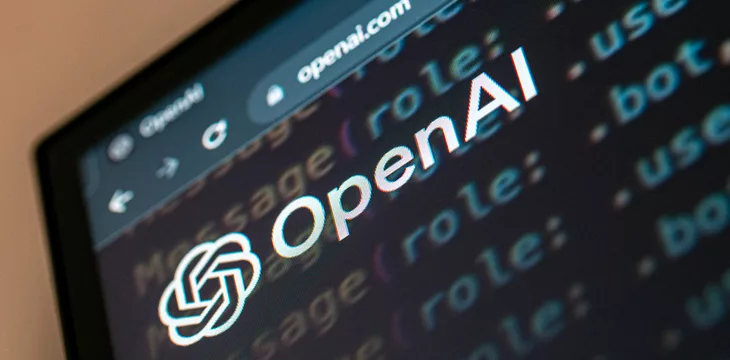|
Getting your Trinity Audio player ready...
|
OpenAI, makers of the artificial intelligence (AI) platform ChatGPT, have announced the launch of GPT Store, allowing users to share and monetize their personalized chatbot versions with other customers.
The AI company confirmed that the new store will feature a broad range of GPTs created by users across several verticals. The new feature will be available to paid users subscribed to ChatGPT Plus and Enterprise plans in what appears to be a phased rollout.
Back in November, OpenAI disclosed plans to introduce GPTs, designed to allow users to build custom versions of the ChatGPT through codes or a series of prompts. Since the introduction of the feature, nearly 3 million GPTs have been created, prompting the need to launch a marketplace.
The GPT store will offer users access to customized chatbots across several categories, including text generation, research, education, productivity, and lifestyle. OpenAI’s plans for the marketplace will see it roll out a leaderboard for users to see trending GPTs and a plan to showcase “useful and impactful GPTs” each week.
The store will showcase GPTs from AllTrails, Consensus, Canva, and Khan Academy’s Code Tutors for users to improve their productivity and coding skills and get personalized trail recommendations.
OpenAI’s blog post confirmed plans by the company to introduce an earn program for GPT creators based on the number of users but failed to disclose full payment criteria. At the time of writing, the earn program will just be available to users in the U.S., with analysts predicting a global rollout before the end of 2024.
“In Q1 we will launch a GPT builder revenue program,” OpenAI said. “As a first step, US builders will be paid based on user engagement with their GPTs.”
Alongside the announcement of a GPT Store, OpenAI confirmed the launch of the ChatGPT Team plan to support enterprises. Beginning at $25 per month, a subscription to the plan will allow team members access to a private GPT store and allow greater control over the use of external GPTs for improved privacy.
The GPT Store was earmarked for rollout in late 2023, but several factors, including the leadership tussle within OpenAI, forced the company to postpone a full rollout to early 2024.
A flurry of activity
Since the return of Sam Altman to the helm of affairs at OpenAI, the company has been a beehive of activities. OpenAI is reportedly collaborating with design firm LoveForm to launch an AI home device, making its first push into hardware that could bring it into direct competition with Amazon (NASDAQ: AMZN) and Google (NASDAQ: GOOGL).
The company has since unveiled a group of media partnerships and a $10 million grant to address the challenge of AI superintelligence, seeking to ensure the alignment of frontier AI models before the end of 2023. OpenAI says it is willing to fund projects involving the integration of AI with emerging technologies, targeting non-profits, academic labs, and graduate students.
In order for artificial intelligence (AI) to work right within the law and thrive in the face of growing challenges, it needs to integrate an enterprise blockchain system that ensures data input quality and ownership—allowing it to keep data safe while also guaranteeing the immutability of data. Check out CoinGeek’s coverage on this emerging tech to learn more why Enterprise blockchain will be the backbone of AI.
Watch: Turning AI into ROI

 07-14-2025
07-14-2025 





